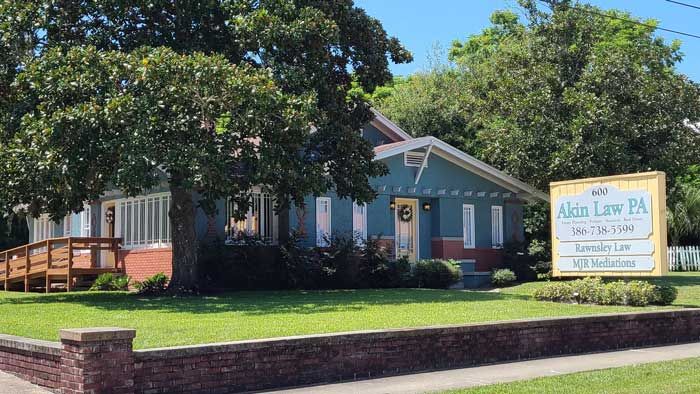Who Needs An Advance Directive And Why?
Many people, and you may be one of them, think that there is time later to create an advance directive. It seems logical that you should only create the documents you need when you need them.
However, not one of us knows when and if we will be in a car accident, sustain a head injury or suffer a stroke. The time to create an advance directive is right now for anyone who is over 18, but especially for those who are living independently and want to make their own decisions. The team at Akin Law P.A. is here to help.
What Is An Advance Directive?
When you write down what you do and do not want to be done to you in the event that you are incapacitated, you are creating an advance directive. No adult is too healthy or too careful or lives too safely to have an advance directive. An advance directive is sometimes referred to as a living will. This document can include a designated health care proxy.
A health care proxy is the person who you designate to make decisions on your behalf. The health care proxy may be involved in deciding whether or not to put you on a breathing machine or provide IV feeding, or whether or not to operate. It’s important to discuss this responsibility with your chosen health care proxy. Make sure they accept the role and that they will follow through on your wishes, even if your wishes do not exactly align with their own ideas, wishes or beliefs.
Many people use the terms living will and advance directive interchangeably. Technically speaking, a living will is the part the advance directive where you specify which medical treatments, procedures or medications you do or don’t want to receive.
Other Documents That Work In Concert With An Advance Directive
At the time you create an advance directive, you may also want to create other documents that make your wishes clear. This can include:
- A POLST (Physician Orders for Life-Sustaining Treatment) form
- A do not resuscitate (DNR) order
- Whether or not you wish to be an organ and tissue donor
It’s important to sit down with a legal professional and with anyone you are designating to make decisions on your behalf and have a frank conversation about your wishes. These conversations and documents will take a heavy burden off the shoulders of your loved ones should tragedy strike. Conversations and documentation of this kind can also help prevent your family from having to procure a guardianship.
What Happens If You Don’t Have An Advance Directive?
Without officially documenting what you want and don’t want, someone else will make decisions for you, based on what they want. In this scenario, it is very possible to receive treatments and undergo procedures that you may not want. This relatively simple document can save your family the crushing grief and turmoil of having to decide for you and possibly disagreeing as to what you “would have wanted.”
Set Up An Appointment To Create Your Advance Directive
Our team is here to help you ensure that you receive the care, treatments and medications you envision for yourself after an unexpected health crisis. Call 386-271-4740 and set up a time to create an advance directive with us. You can also connect with the team via our website contact email. In DeLand, we assist clients throughout the metro area and outlying Volusia County communities.



